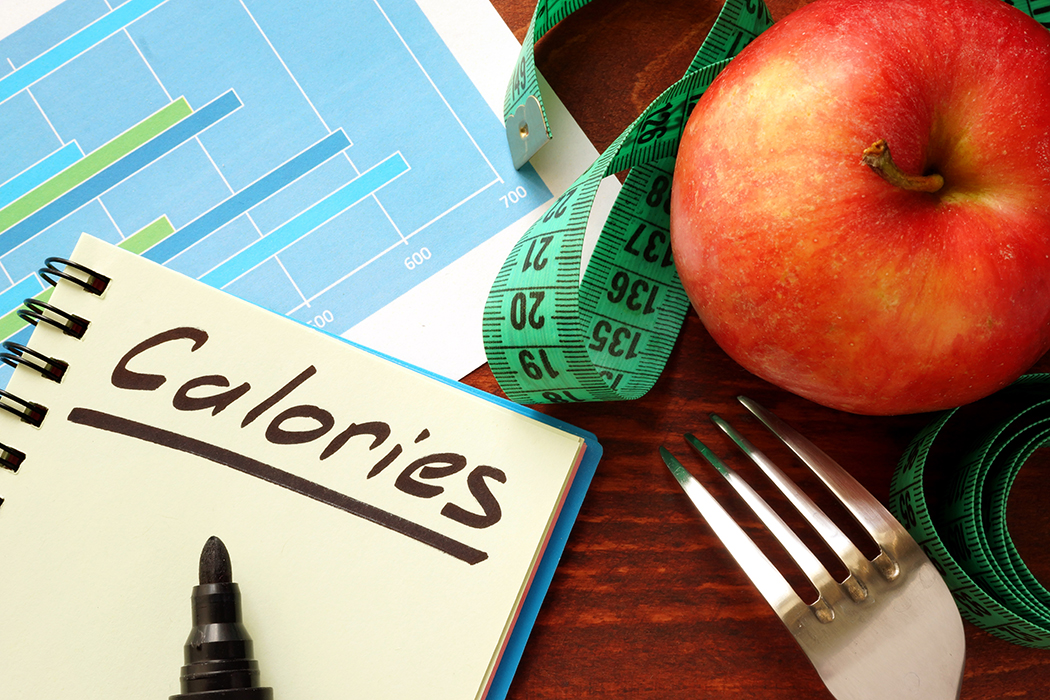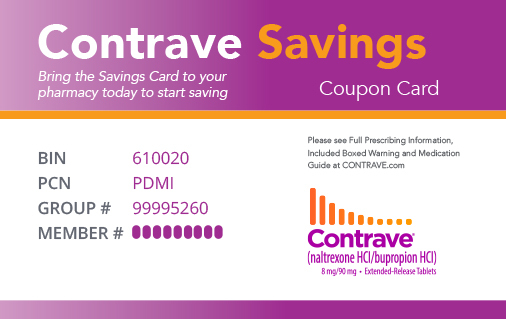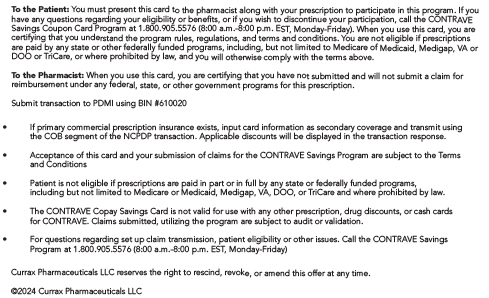How Much Protein Do I Need to Help Me Achieve My Weight Loss Goals?
If you are interested in losing weight, there are many potential paths you can take to meet your health and fitness goals. One option is to follow a high protein diet. In order to get started with a high protein diet, you must determine how much protein a day your body needs and identify sources of healthy protein that you can incorporate into your diet. So, you may be asking yourself, what does a high protein diet look like? And how much protein should I eat? Below, we go into more detail about the role of protein in health and weight loss, explain what a high protein diet is, and explain how a high protein diet works. Read on to learn more about high protein diets for weight loss.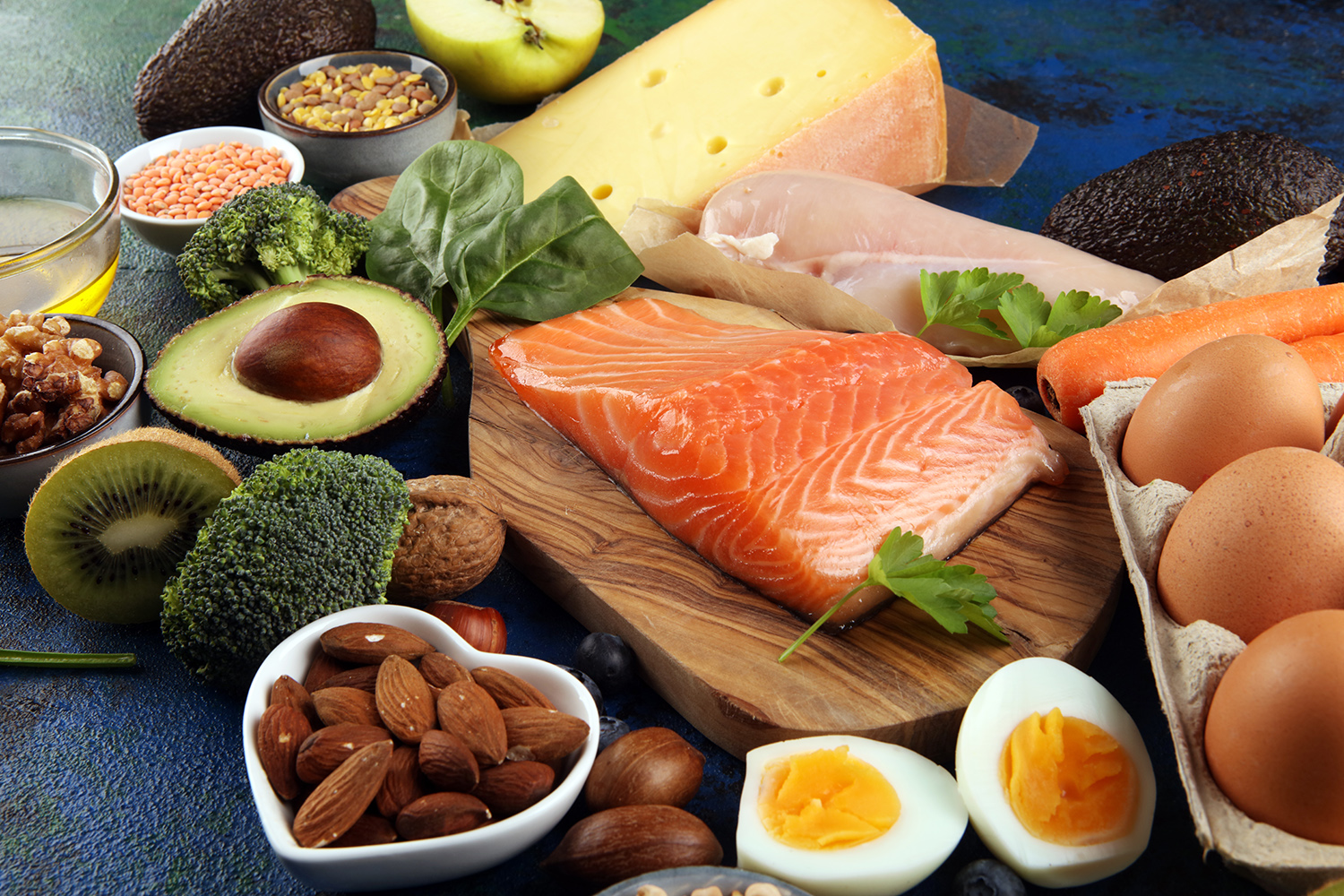
- What Is Protein?
- Why Is Protein Important?
- Does Protein Help With Weight Loss?
- How Much Protein Do I Need a Day?
- What Is a High Protein Diet?
- Final Notes
What Is Protein?
Before diving into the specifics of a high protein diet for weight loss, it is important to explain what protein is. Protein is one of the main building blocks of the body. Proteins can be used to make different types of tissues, including muscles, organs, and skin. In addition, protein is very important for powering different neurotransmitters, enzymes, and bodily functions.
Amino acids are combined to create proteins. Essentially, amino acids are linked together like beads on a string before they are folded into the proper shape. Even though your body is capable of producing some amino acids, most amino acids are ingested through your diet.
Why Is Protein Important?
Protein is important because it plays such an integral role in just about every bodily process. If you don’t have enough protein, you might have a difficult time building lean muscle. In addition to disrupting the growth of muscle tissue, an insufficient amount of protein in your diet can weaken your immune system and negatively impact bone health.
There are several important benefits provided by protein. They include:
- Control appetite: Protein can help you reduce your hunger level, making it easier for you to control your appetite and lose weight.
- Recover from physical activity: Protein is important for helping your body recover following strenuous physical exercise or even physical injuries.
- Build lean muscle: Protein can also help you build lean muscle and maintain a healthy body composition.
These are just a few key benefits of protein. Overall, protein plays an important role in maintaining your physical health, and consuming enough protein can help you lose weight, build muscle, and support essential bodily functions.
Does Protein Help With Weight Loss?
Yes, consuming protein can help you lose weight. There are several ways that eating a diet that is high in protein can help you lose weight. First, consuming protein regularly can help you feel full. If you feel full, you won’t need as much food. Therefore, consuming protein can help you increase your satiety, reducing your hunger levels and your caloric intake.
By consuming a high-protein diet, you can remain full throughout the day and potentially reduce cravings for other, less healthy types of foods, making it easier for you to stick to your diet and lose weight. This is one of the biggest reasons why so many people are interested in following a high protein diet in an effort to lose weight.
How Much Protein Do I Need a Day?
So how much protein a day do you need? There are a lot of factors that will impact the total amount of protein you should consume, particularly if you are trying to follow a high protein diet for weight loss. Some of the factors that will play a role in how much protein you should consume to help you reach your goals include:
- Your Age: Your exact protein requirements can change depending on your age. For example, if you are an average adult, you might not need as much protein as someone who is older. Once you reach the age of forty to fifty, you start to lose lean muscle mass, and you may need to consume more protein if you want to maintain that muscle mass as you get older.
- Your Level of Activity: Your level of activity can play a role in how much protein you need. For example, someone who exercises regularly will need to consume more protein than someone who does not. That is because you will need to rebuild different types of tissue that you might damage during trips to the gym.
- Your Weight: Your weight can also play a role in how much protein you need to consume. In general, the larger you are, the more protein you need to support your body's functions; however, if you are overweight or obese, you may want to speak to a doctor who can help you develop a customized plan. If you are struggling to lose weight despite diet and exercise, then solutions such as prescription weight-loss pills may prove to be a useful supplement, provided your doctor signs off on it.
- Your Height: Just like your weight, your height can play an important role in how much protein you need to consume. The taller you are, the more protein you might need to support your body.
- Your Genetics: Finally, your genetics can also play a role in how much protein you need to consume. Variations in genetics can affect nutritional intake, so the ideal amount of protein for one person may not be the same for another.
In the end, there are different types of nutrients that you need to consume to make sure you follow a well-rounded diet. This includes not only protein but also carbohydrates, vitamins, and minerals. In general, the USDA recommends that adults consume between 46 to 56 grams of protein per day. If you do not consume enough protein, your body might have a difficult time building tissues that are important for its daily functions.
What Is a High Protein Diet?
Now that we have explained what protein is and the role it plays in your body, we can take a closer look at how a high protein diet works. A high protein diet boasts a number of benefits that can assist with weight loss efforts. With a high protein, low carb diet, you can potentially feel more full for longer, reduce cravings, and lose weight.
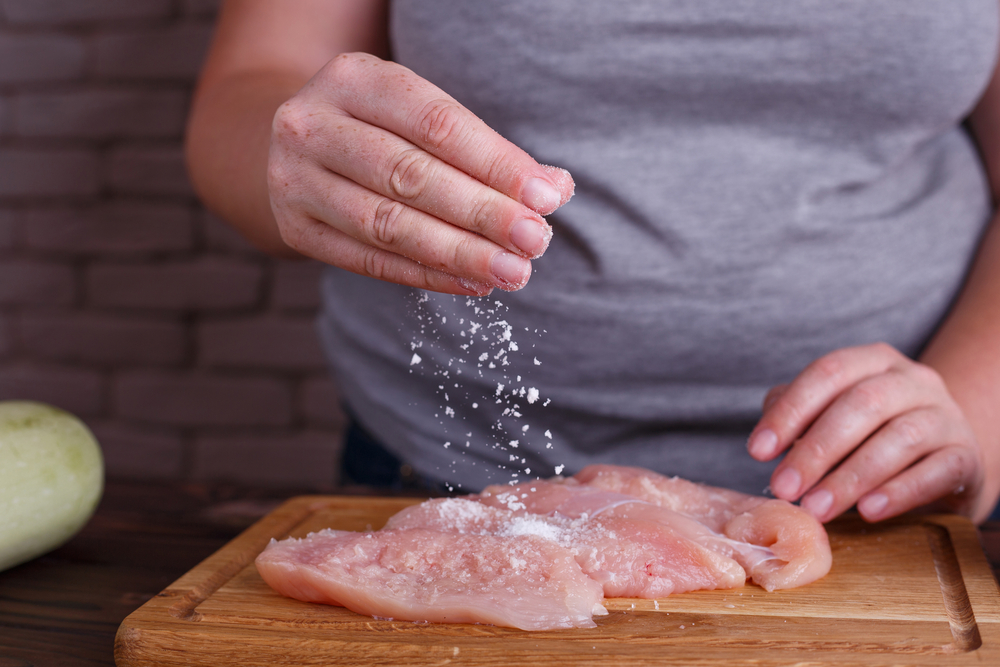
At the same time, you need to make sure that you provide your body with the nutrients it requires. That is why following a high protein diet can be beneficial. Protein is one of the body’s most important nutrients, but there are a few things to keep in mind as you build a high protein diet, such as:
- Go With Lean Beef: Beef is a great source of protein, but you need to choose lean beef. You do not want to choose beef that has too much fat, as it could make it harder for you to lose weight. Take a closer look at each cut of beef, and make sure you are selecting a cut that has plenty of protein and not a lot of fat
- White Meat Is Better: When eating poultry, consider sticking to white meat rather than dark meat. White meat is usually better when you are selecting poultry, as it tends to contain less fat. Remember that the goal is to consume as much protein as possible while also reducing your intake of fat.
- Remove the Skin: You might also make an effort to remove the skin before you decide to cook poultry. The skin has a lot of saturated fat in it. Even though the skin might taste good, it can potentially slow down your weight loss efforts.
- Fish Is Healthy: It is important for you to get some source of fat in your diet, but it needs to be healthy. That is where fish can be helpful. Fish has a significant amount of protein and plenty of healthy fats that can be beneficial. For example, fish has a lot of omega-3 fatty acids, which can help you protect your heart.
- Pick Pork Carefully: Even though a lot of people try to avoid pork, you can still eat pork on a high protein diet as long as you choose carefully. For example, if you eat a tenderloin, top loin, or sirloin steak, you should receive plenty of lean protein while also limiting the amount of fat you ingest.
Clearly, there are a lot of points you should keep in mind if you are interested in following a high protein diet. As you work on building a high protein diet, make sure to select high-quality meats from the grocery store and prepare dishes that you look forward to eating.
Final Notes
In the end, a high protein diet combined with regular exercise can help you lose weight. However, if you suffer from obesity or one or more weight-related conditions, you may face unique challenges when attempting to shed weight. In this case, you might consider speaking to your doctor about solutions such as weight-loss medication.
To learn more about how weight-loss medication can work in combination with a healthy diet and exercise routine, take a look at our FAQ page. By developing a well-rounded health plan, you can maximize your chances of achieving your weight loss goals.
Related Resources
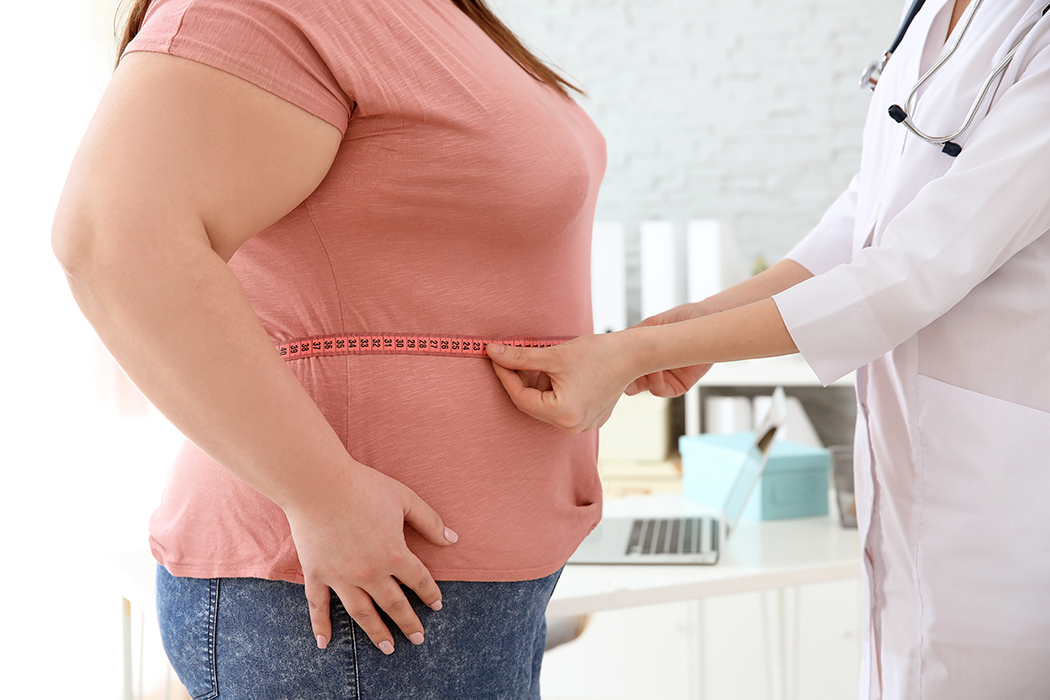
Body Fat Calculator
View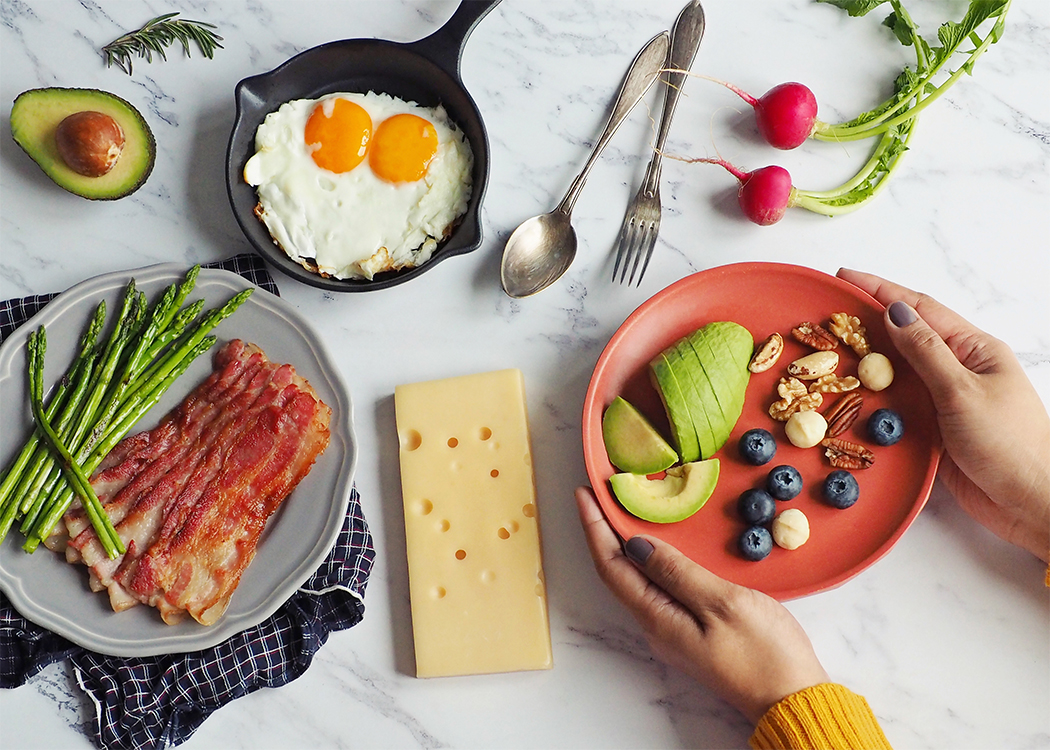
The Keto Diet For Beginners: How to Start a Ketogenic Diet Plan
View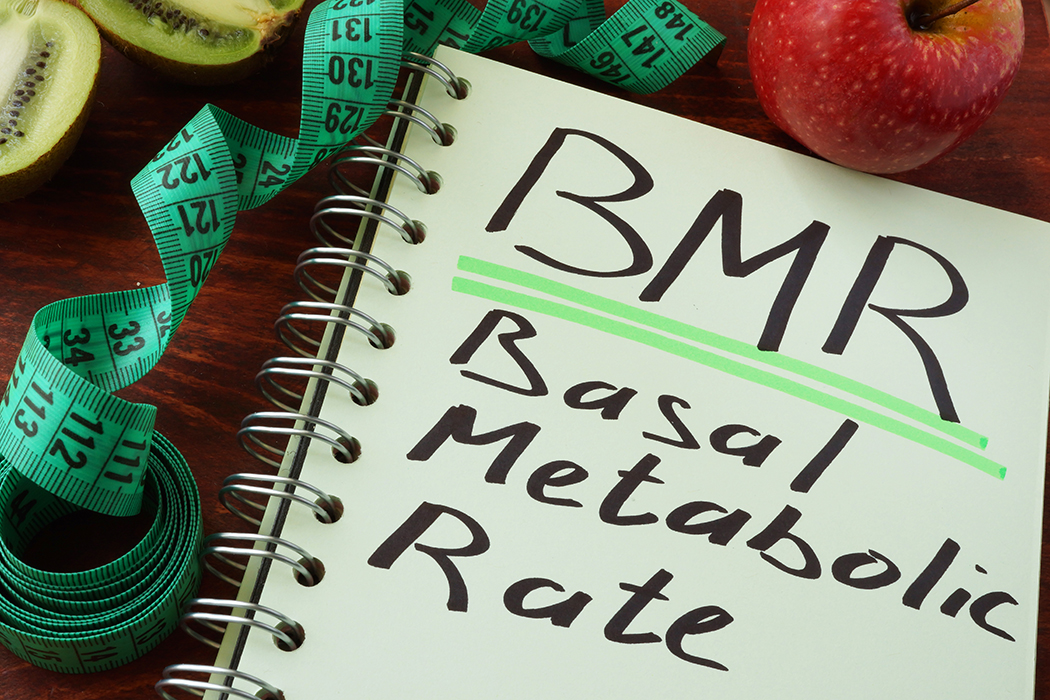
BMR Calculator: Calculate Your Basal Metabolic Rate
ViewLatest Resources
Ask your healthcare provider about CONTRAVE
Get help starting the conversation.
The CONTRAVE Chronicles Blog
Get recipes, workouts, success stories, and healthy lifestyle tips.
Just getting started with CONTRAVE?
See what you can expect.
